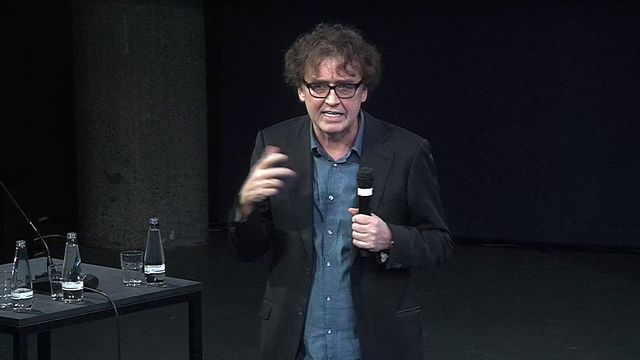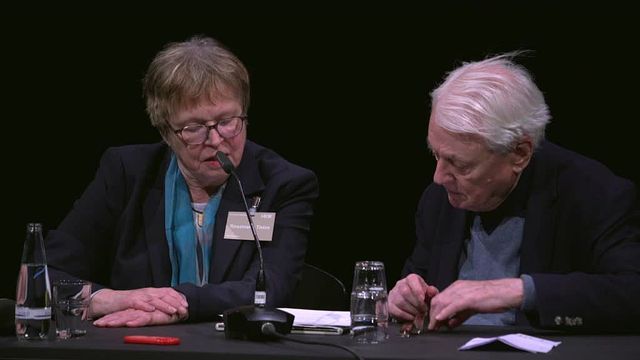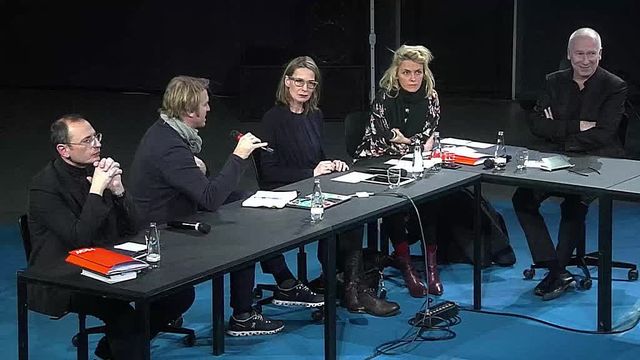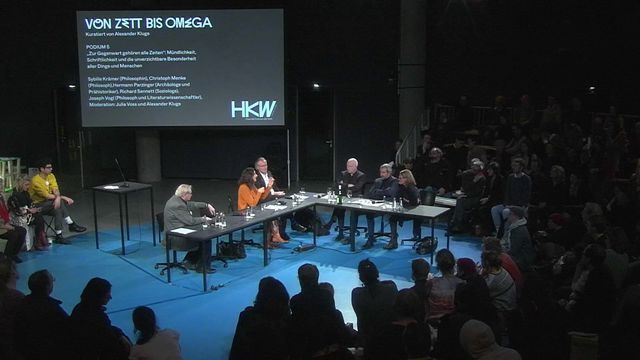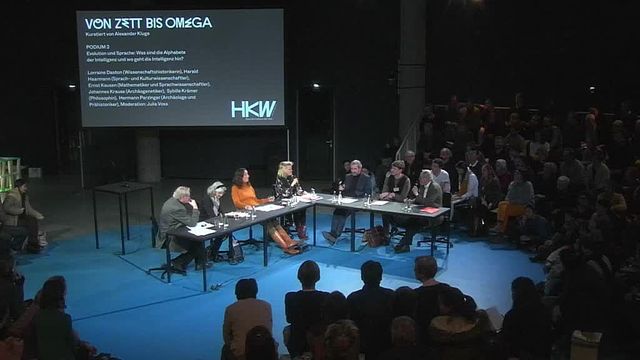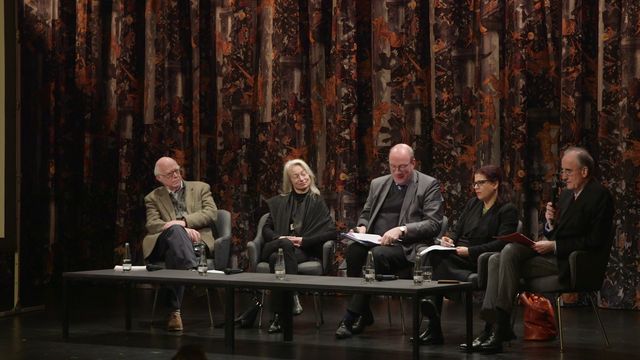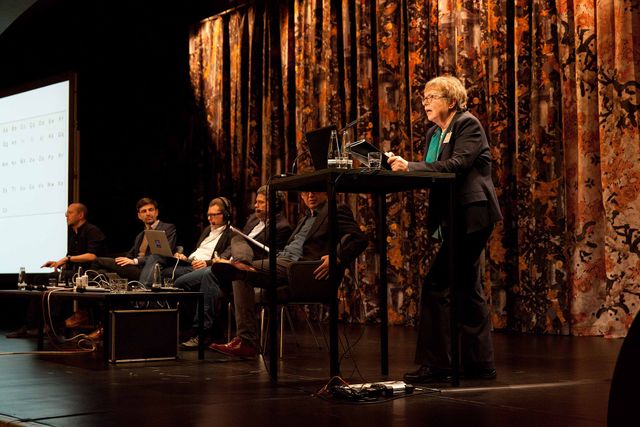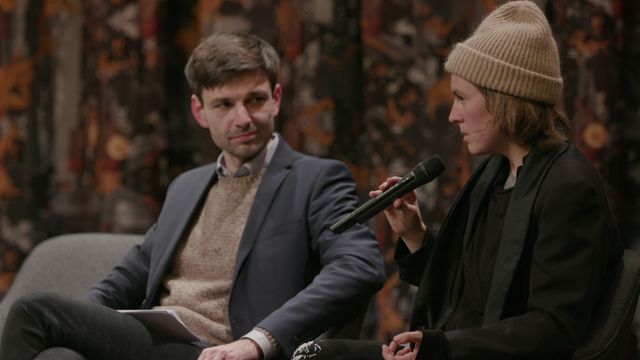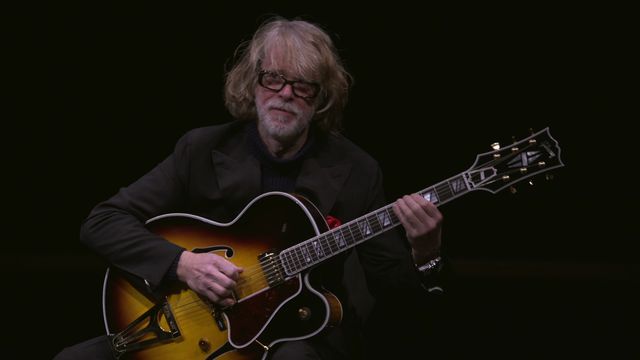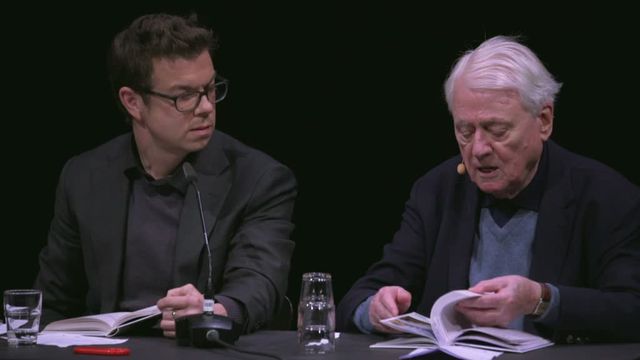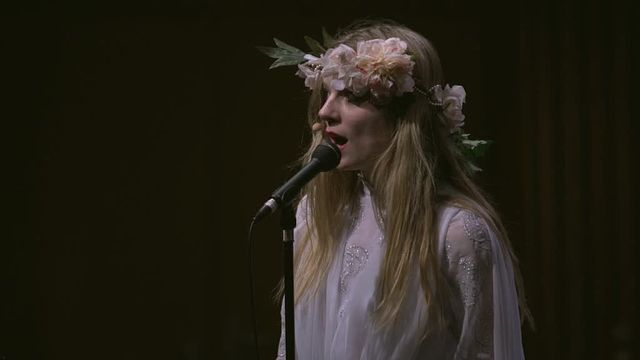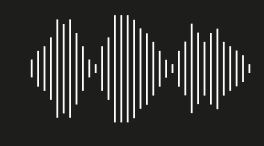Discussions, Concerts, Performances, Films
From Zed to Omega
“Walk-In Theater: A Babylon, Whose Tower Does Not Collapse, In Berlin”
Exhibition Hall 1, Lecture Hall, Foyer and Auditorium
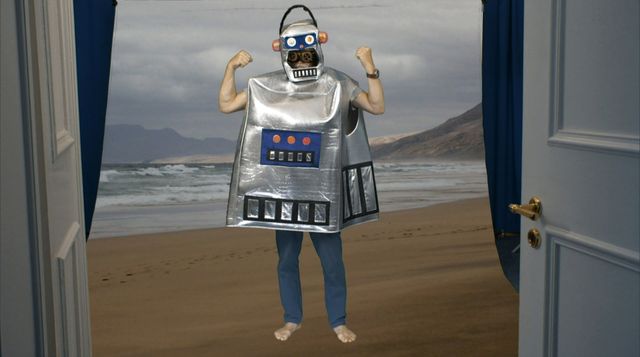
In view of an increasingly digitized world, Alexander Kluge creates an evening dedicated to what can oppose the alphabetic, molecular, algorithmic perceptions of the world. From the perspectives of the island, the circus, and the alchemist’s kitchen, the contributions approach the elements of human expression before the invention of writing, those of written form and digitality. A kind of walk-in-theater throughout HKW creates a twenty-first century “cabinet of wonders” with minute operas and films, with letters as living beings, with music, artistic interventions, and scientific discourse — a Babel, whose tower does not fall.
Moderated by Alexander Kluge (author and filmmaker), Bernd Scherer (director of HKW), and Julia Voss (art historian)
Curated by Alexander Kluge
The film and video crews, supervised by Thomas Willke, Walter Lenertz, Jakob Krebs, and Philip Banse, will be continuously filming the podium events and the accompanying workshops. The goal is to document the outcomes of the discussions that will serve as a basis for further research within the framework of the overall project.Moderated by Alexander Kluge, Bernd Scherer (director of HKW), and Julia Voss (historian of science)
Program
4.30 pm-5 pm Exhibition Hall 1
Introduction
Bernd Scherer and Olga von Schubert, Welcoming Address: Rüdiger Kruse (Member of the Bundestag, CDU)
4.30 pm-midnight Foyer
Thomas Thiede and the Alphabet Cart
Thomas Thiede
Performance
4.30 pm-midnight Various Places in the Building
Minute Operas
Performance
Andrea Moses and her directing class at the University of Performing Arts Ernst Busch, in collaboration with the acting class at Berlin University of the Arts, supervised by the dramaturgist Marion Hirte.
Contributors
5 pm–6.30 pm Exhibition Hall 1
Panel 1
Evolution in our Hands: Artificial Intelligence, Human Potential, and the Future
Steffi Czerny (curator), Katja Gentinetta (political philosopher), Andrej Heinke (corporate foresight), Sybille Krämer (philosopher), Jürgen Groß (head of research at Bosch), Max Senges (philosopher of technology at Google), Joseph Vogl (philosopher and literary theorist), moderated by Julia Voss
Conversation
In our present time, Industry 4.0 and the digital age have joined forces with writing. This new epoch has unleashed evolutionary and also disruptive (“revolutionary”) forces, some of which do not belong to the natural world, but are forging a second nature. Traditional reality is being superseded or overlaid by a new reality. Whether or not we are able to apprehend the new signs of the algorithms, data networks, and Artificial Intelligence in their full dimensions remains to be seen.
6.30 pm–7.30 pm Auditorium
The Robot Whisperer
Helge Schneider (musician and comedian)
Films and artistic program
7.30 pm–9 pm Exhibition Hall 1
Panel 2
Evolution and Language: What are the Alphabets of Intelligence and Quo Vadis Intelligence?
Lorraine Daston (historian of science), Harald Haarmann (philologist and cultural theorist), Ernst Kausen (philologist), Johannes Krause (archaeogeneticist), Hermann Parzinger (archeologist and prehistorian), moderated by Julia Voss
Lectures and Discussion
“In what can we trust?” This question stands at the beginning of classical philosophy (and theology). One is minded to reply spontaneously: “In ourselves.” But what is this self? Our predatory instincts? The various capacities of societies to commit mass murder? Who or what in our world is a subject? The scope must be extended to incorporate the prehistory of the Blue Planet, that is, its deep time, in order to establish the foundations for orienting ourselves in the twenty-first century. One favorable perspective is that all Artificial Intelligence has grown from the same soil as the living—on which we also live with our corporeally bound intelligence. The question remains: “Who is the hare and who is the hedgehog? The things or us humans?”
7.30 pm – 9 pm Lecture Hall
Panel 3
The Letters of Creation
Beatrice Gründler (Arabic literary scholar), Nahed Samour (scholar of law and Islamic studies), Peter Schäfer (Judaic scholar), Richard Sennett (sociologist), moderated by Christoph Markschies (theologist and church historian)
Conversation
Letters are not technical. In many cultures letters also have a numerical value. In the Kabbala they are the numbers of God. Both (numbers and letters) are living creatures. That which in children or adults “learns”, is among the most vital traits and forces human beings possess.
6 pm–7 pm & 9.30 pm–11 pm Lecture Hall
Panel 4
Orientation in the Twenty-First Century, when the Alphabet alone no longer suffices: We know what we don’t know / News from the Narration
Philip Banse & Ulf Buermeyer (podcast producer), Ann Cotton (writer), Philipp Ekardt (comparative literature scholar and art historian), Ben Lerner (author), Christoph Streckardt (humanities scholar), Rosemarie Tietze (translator), Joseph Vogl (philosopher and literary theorist), moderated by Bernd Scherer
Workshop and Conversation
The poets Ben Lerner from New York and Ann Cotten from Vienna are advocates of the “rebellion of the words.” Their objective is to utilize the freedoms of narration (subjectively saturated information), as a complement to the world of data (i.e. raw information). This is an authentic task of literature and concerns the “poetic power of theory.” Readings, film screenings, and debates. Philip Banse and Ulf Buermeyer present their live podcast project: the radio of the future.
9.30 pm–11 pm Exhibition Hall 1
Panel 5
“All ages belong to the Present”: Orality, Textuality, and the Indispensable Singularity of Things and Humans
Sybille Krämer (philosopher), Christoph Menke (philosopher), Hermann Parzinger (archeologist and prehistorian), Richard Sennett (sociologist), Joseph Vogl (philosopher and literary theorist), moderated by Julia Voss and Alexander Kluge
Conversation
Textuality founded modernity. It lies at the heart of urbanity, land registries, accounting, political memory, and the sciences. Orality has its own alphabets: In moments of intimacy, whilst working, during the first years of life—nothing is lived out in writing (or digitally). Kisses require no alphabets. All human traits, indeed all the signs that exist, which derive from evolution, are headstrong and obstinate and totally unsuitable for enduring oppression under foreign rule.
7.30 pm–midnight Auditorium
In Omega’s Labyrinth
Ann Cotten (writer), Hannelore Hoger (actress), Ben Lerner (author), Helge Schneider (musician and comedian), Sir Henry (musician), Lilith Stangenberg (actress), Dirk von Lowtzow (musician), and surprise guests
Films and Artistic Program
Readings, music, and video documentation of the evening
